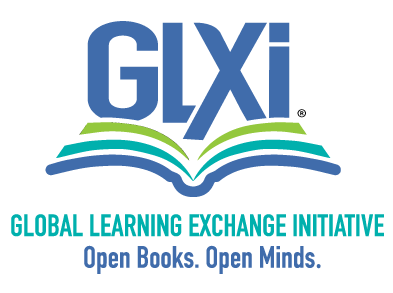GLXi’s Impact - Measuring Student Progress
Anabella Rojas Gramajo teaches in the Red Zone, which is one of the most dangerous zones in Guatemala due to violence and gangs.
Every day she walks into the classroom, it is a testament to her passion for helping students reach their dreams – and helping the community realize a brighter future as this new generation emerges under her tutelage.
When Anabella returned to the classroom this past year, she was more determined than ever to reach her first-grade students through GLXi’s Open Books, Open Minds program. She was not only aware of the devastating impact that COVID-19 had on literacy and learning, she was seeing it firsthand, as returning students showed signs of regression, both with their lessons and with fine motor and social skills.
When the teacher volunteered to help us with our 2022 student assessment process, we couldn’t have been more grateful – or more impressed at her dedication.
Here she was, giving up two weeks of her personal time to participate in the process, and also volunteering to include her students in the assessments, so that we could gather some hard data on how our program is helping classrooms weather the “crisis within a crisis” that we have been talking so much about.
A Crisis Within a Crisis
GLXi’s Student Reading Assessment process has always been an important way to evaluate our program and check in with teachers and students on the ground. But this year, due to the pandemic, the process has taken even more significance, perhaps making it our most consequential set of assessments to date.
If you have been following our social media pages and blog posts, you know that COVID-19 had an unprecedented impact on learning and literacy efforts in Latin America.
The World Bank and other organizations have growing data on the educational “crisis within a crisis” that now exists in Guatemala and other countries.
This is our first set of assessments since that major disruption to classrooms, and it will allow us to measure the impact of the pandemic on a micro-level.
To perform the assessments, we invited the teachers like Anabella who graduated from our Open Books, Open Minds training sessions in 2021. They had experience applying the curriculum with their students for an entire term, so we knew their involvement would be crucial.
Anabella, who teaches first grade at the Official Rural Mixco School Lo de Fuentes, joined the assessment process enthusiastically. Through the experience, she demonstrated her teaching skills as she assessed not only her students, but also six other classrooms.
We were thrilled to hear from her students as they talked to us about the assessments and how excited they are about Anabella’s reading class – quite an endorsement!
Assessment Goals
The results of the assessments will allow us to compare the post-pandemic reading skills of children in rural areas who have participated in the Open Books, Open Minds, to those who have not — the latter serving as our control group.
This will include an evaluation of students’ vocabulary use, oral expression, reading fluency, levels of phonological awareness, and phoneme segmentation (both critical indicators related to sounds in spoken language, which sets the stage for reading words).
It is important to not only identify the effects of the pandemic on student learning, but also take into account new methods of school instruction – reduced hours, remote/online classes, hybrid attendance (in-person and remote) and more.
GLXi will evaluate the assessment results and adjust curriculum delivery as needed to create new training opportunities for teachers whose work is invaluable in influencing early elementary school literacy.
We are grateful for the passion and dedication Anabella shows her students! And we are grateful to the many other GLXi teachers like Anabella, who are instructing the next generation of students as they make their way to opportunities for a brighter future.


